Junior faculty research heats up as temps cool down
Fall is finally in the air in Florida! In the expansive salt marshes that define the northern coastal margins of our state, this is the season when smooth cordgrass (Spartina alterninflora) shoots up an additional 10 to 15 inches as it flowers and produces billions of seeds. This boisterous display of production sparks awe as well as an appreciation for the tremendous energy harbored by these grasslands and supplied to the surrounding estuaries.
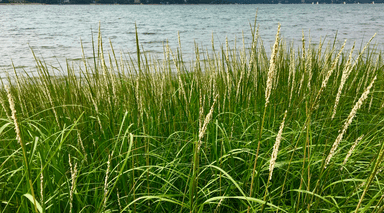
Much like the explosive growth of cordgrass, the cohort of affiliate faculty that joined the ranks of the Center for Coastal Solutions as part of the University of Florida’s AI-100 hiring initiative in 2021 are seeding a prolific number and breadth of new projects.
Jahidul Islam
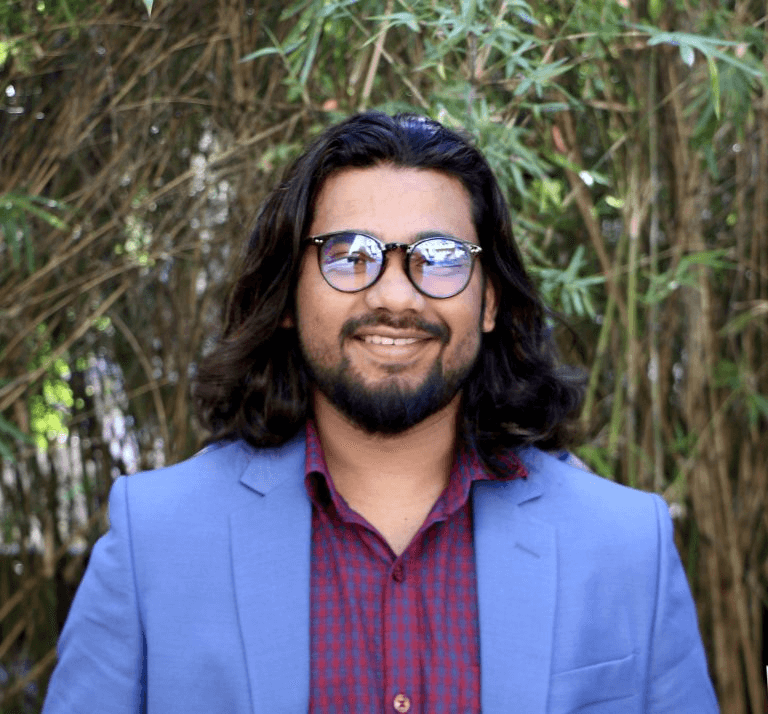
Jahidul Islam, Ph.D., assistant professor in Electrical and Computer Engineering (ECE), has established the RoboPI Lab, which focuses on the interface of underwater robotics and AI research. His group designs novel sensors and improved robotics systems for real-world applications such as long-term monitoring, remote subsea inspection and explorations. Since launching his lab in 2021, Islam has secured grants to advance his research program from the National Science Foundation (NSF), Texas Instruments (TI), and UF Research, and has co-authored top publications, garnering two best paper awards on underwater 3D reconstructions at the Institute of Electrical and Electronics Engineers (IEEE) Conference of AI (CAI-2023) and underwater data center security at ACM HotStorage-2023.
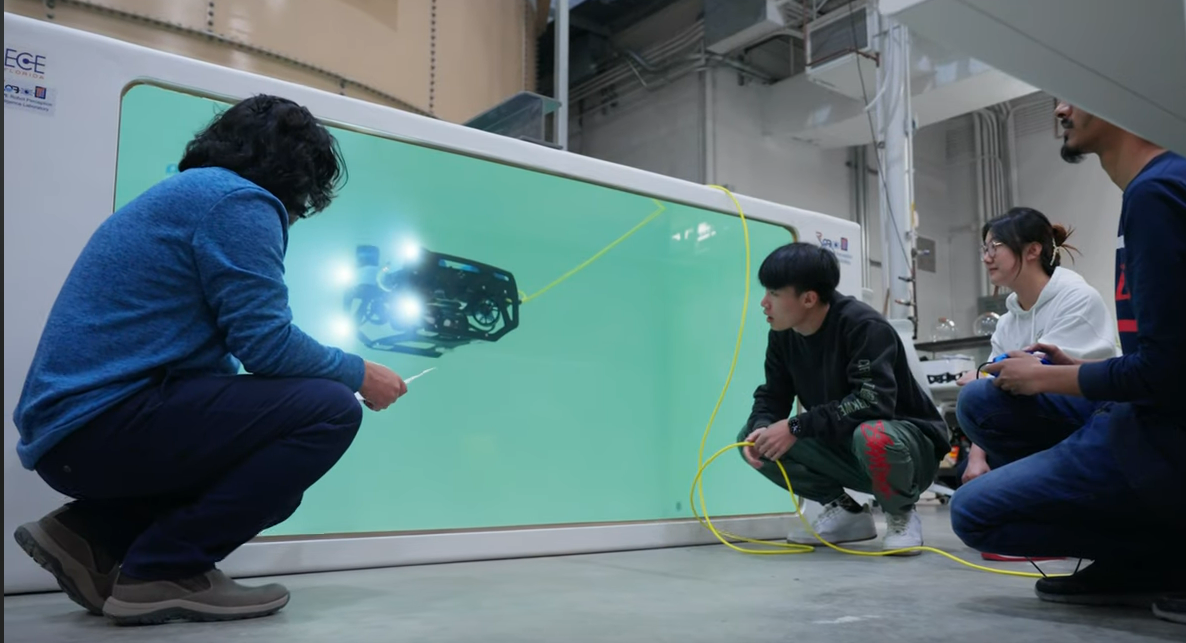
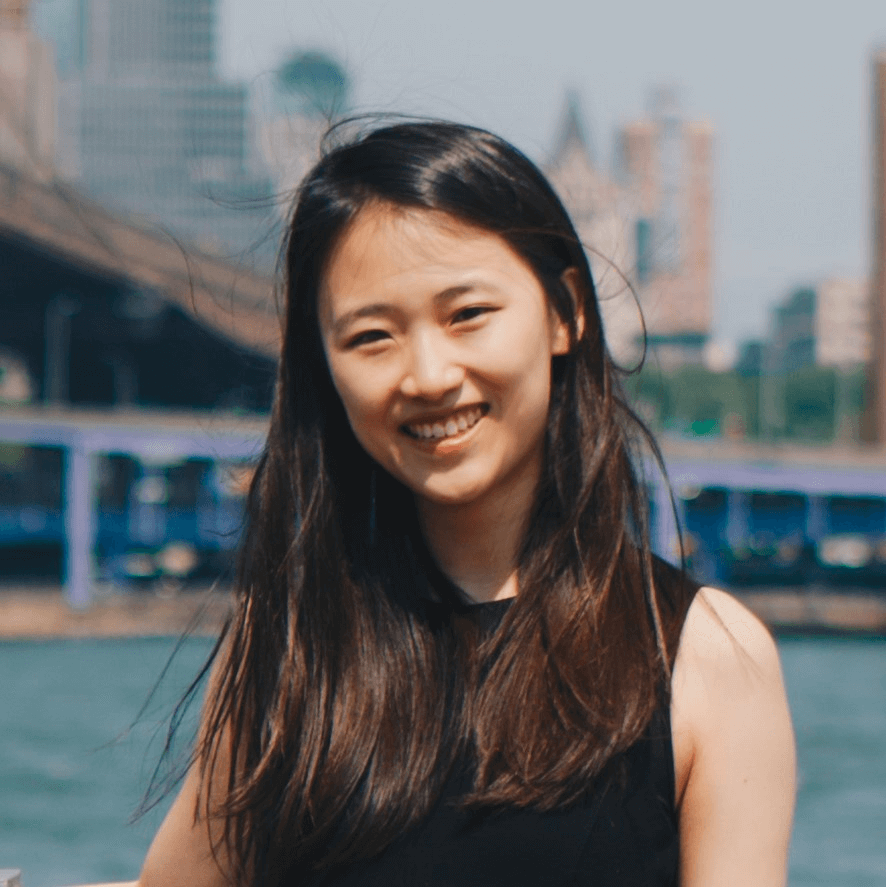
Jane Shin
Across campus, Jane Shin, Ph.D., a specialist in robotic sensor perception and autonomous systems planning, has launched her career in the Department of Mechanical and Aerospace Engineering (MAE). Just this summer Shin, in collaboration with colleague Peter Ifju, Ph.D., successfully demonstrated a novel autonomous bathymetry mapping platform, Bathy-drone. One of Shin’s Ph.D. students, Baker Herrin, presented his work, which proposes a novel modular autonomous underwater vehicle design that serves as a testbed for robotics algorithms, at the OCEANS 2023 conference.

Patrick Musgrave
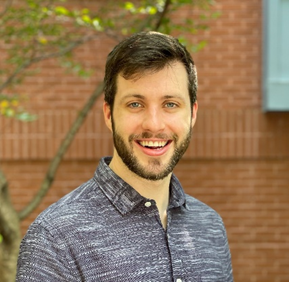
A third rising star in the marine robotics space who also joined UF as part of the AI-100 cohort is Dr Patrick Musgrave, assistant professor in Mechanical and Aerospace Engineering. Musgrave runs the Fluids and Adaptive Structures (FASt) lab where he leads a portfolio of projects investigating cutting edge actuation, sensing and control methods to support active and flexible structures that interact with the surrounding water and air. A team of Ph.D. and undergraduate students in the FASt Lab has developed a soft robotic fish, nicknamed Nebula, which uses artificial muscles to power its flexible body. The Nebula fish was a finalist in the hardware competition at the recent American Society of Mechanical Engineers’ Smart Materials, Adaptive Structures and Intelligent Systems conference at which one of Musgrave’s Ph.D. student, Isabel Hess, also received a best paper award. To support his research, Musgrave has secured support from the Department of Energy and the Air Force Office of Scientific Research, including as a lead investigator on a multi-institutional Air Force Center of Excellence. Check out the FASt Lab for more information and a video of Nebula swimming.
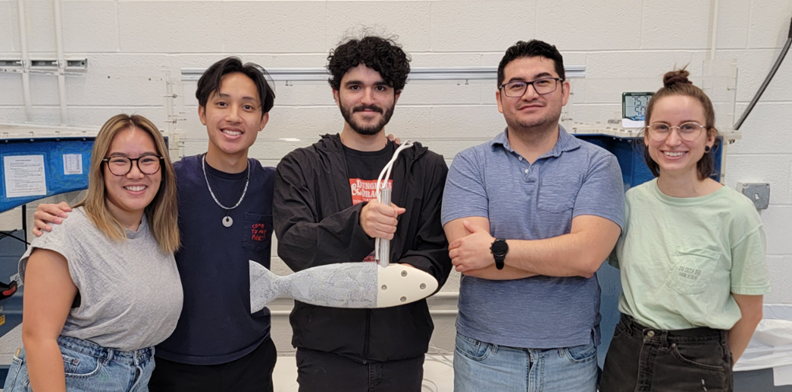
The CCS community has been enriched by the contributions of our new faculty members. Their efforts are advancing science and technology that informs how, where and when we can act to restore and rehabilitate our coastal waters and ecosystems. They are also preparing students for the workforce of the future through training in advanced technologies and immersion in multi-sector, transdisciplinary and collaborative environments. We are excited to see how they continue to grow and thrive.
